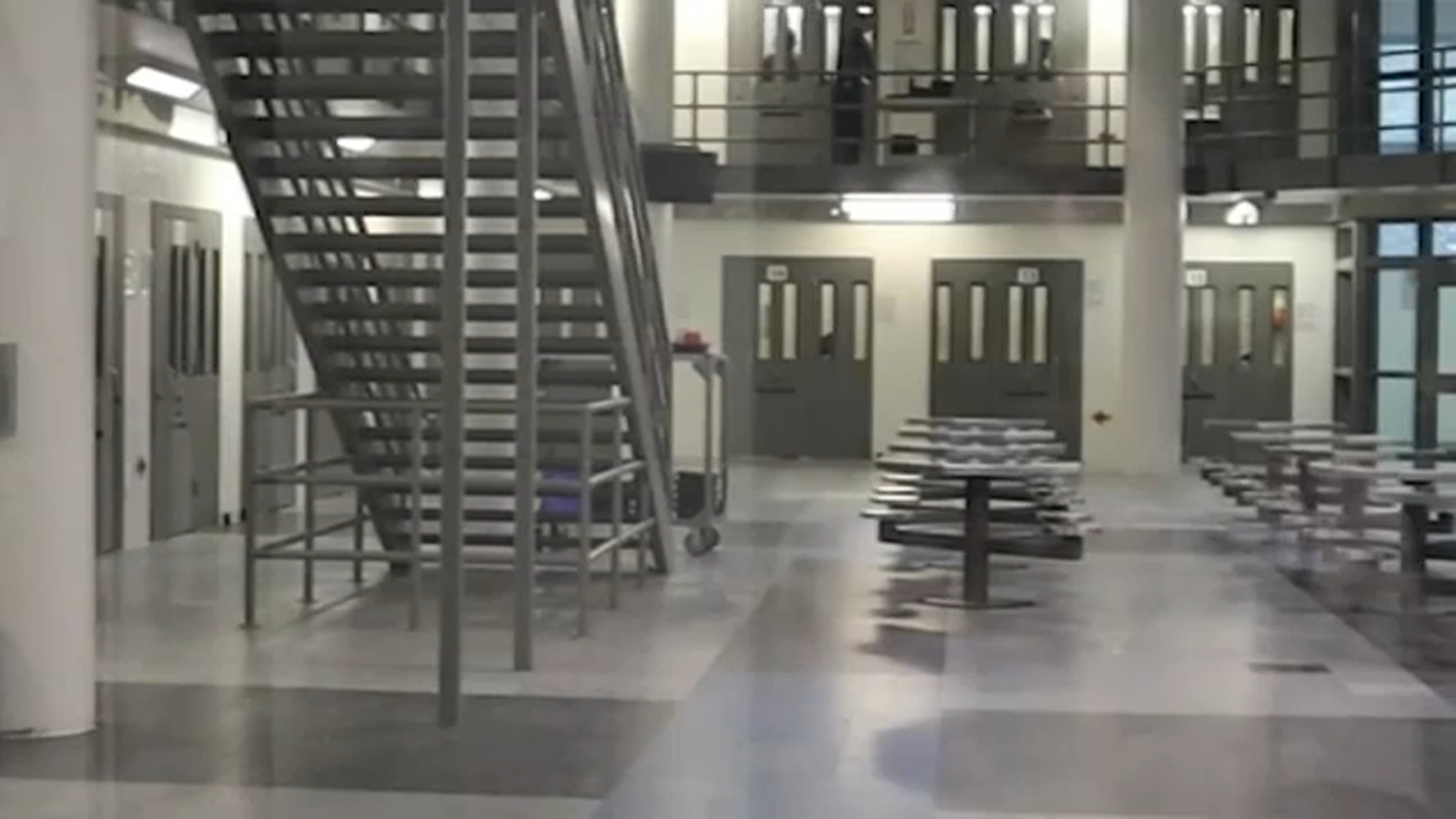Behind Bars, Breaking Barriers: NC's Bold Plan to Revolutionize Inmate Mental Health Care

Authorities are confident that this innovative program will revolutionize the competency restoration process, dramatically reducing both time and expenses. By streamlining administrative procedures and implementing more efficient rehabilitation strategies, officials expect to create a more effective and cost-effective approach to helping individuals regain their legal competency. The new initiative promises to cut through bureaucratic red tape, offering a faster, more compassionate pathway to supporting those in need of comprehensive competency assessment and restoration.
